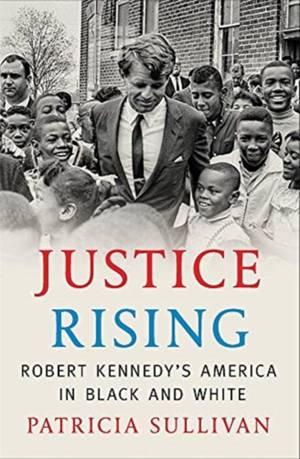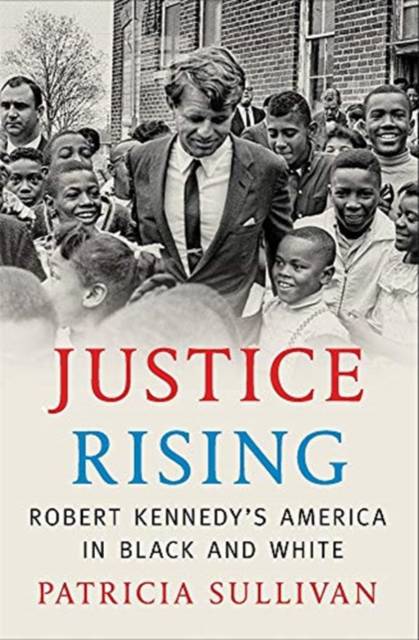
- Retrait gratuit dans votre magasin Club
- 7.000.000 titres dans notre catalogue
- Payer en toute sécurité
- Toujours un magasin près de chez vous
- Retrait gratuit dans votre magasin Club
- 7.000.0000 titres dans notre catalogue
- Payer en toute sécurité
- Toujours un magasin près de chez vous
53,45 €
+ 106 points
Description
Bobby Kennedy wasn’t the most visible figure in the civil rights movement, but his impact was transformative. As attorney general, he protected the Freedom Riders and turned the Justice Department from an enemy of civil rights into an enforcer of antiracist policies. Patricia Sullivan gives Kennedy his rightful place as a force for racial justice.
Spécifications
Parties prenantes
- Auteur(s) :
- Editeur:
Contenu
- Nombre de pages :
- 544
Caractéristiques
- EAN:
- 9780674737457
- Date de parution :
- 08-06-21
- Format:
- Livre relié
- Dimensions :
- 245 mm x 166 mm
- Poids :
- 1010 g

Les avis
Nous publions uniquement les avis qui respectent les conditions requises. Consultez nos conditions pour les avis.






